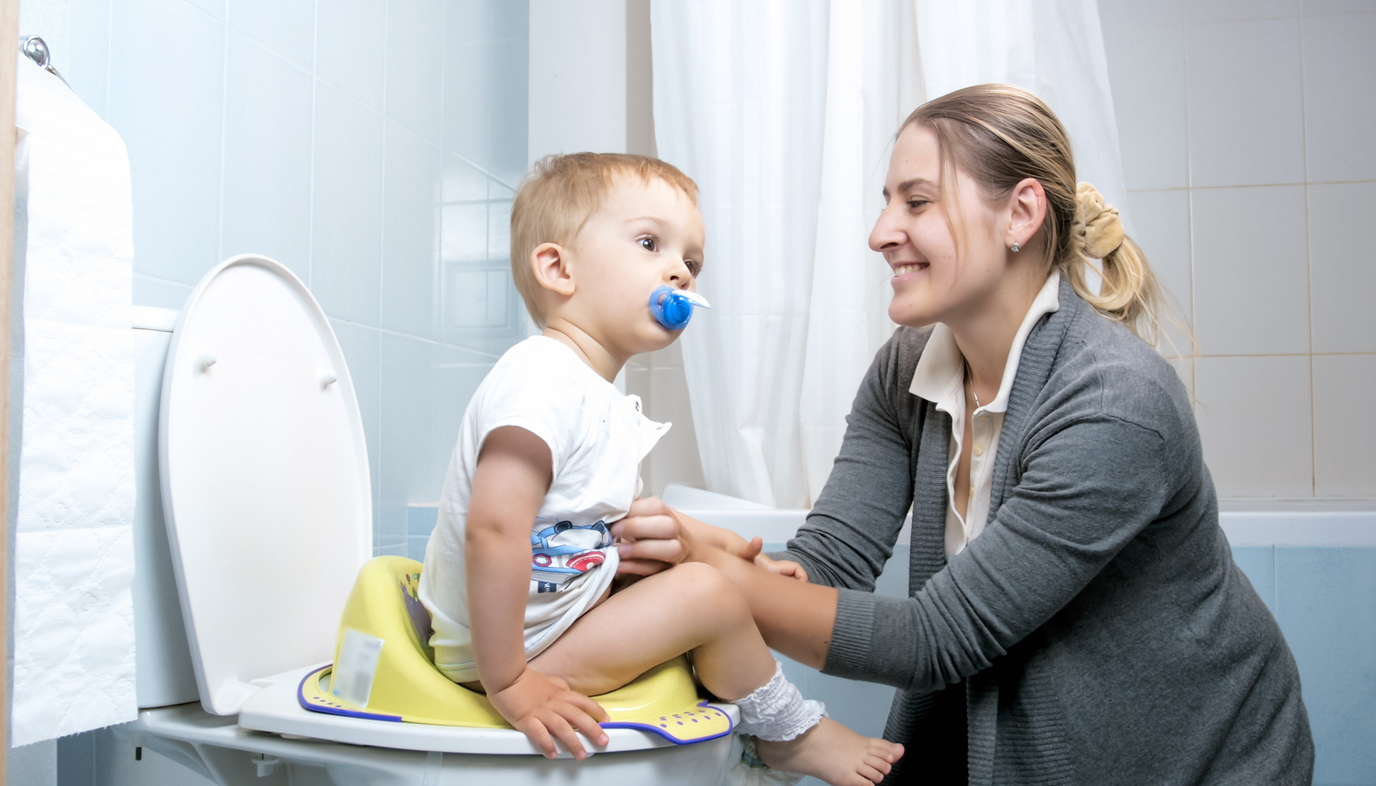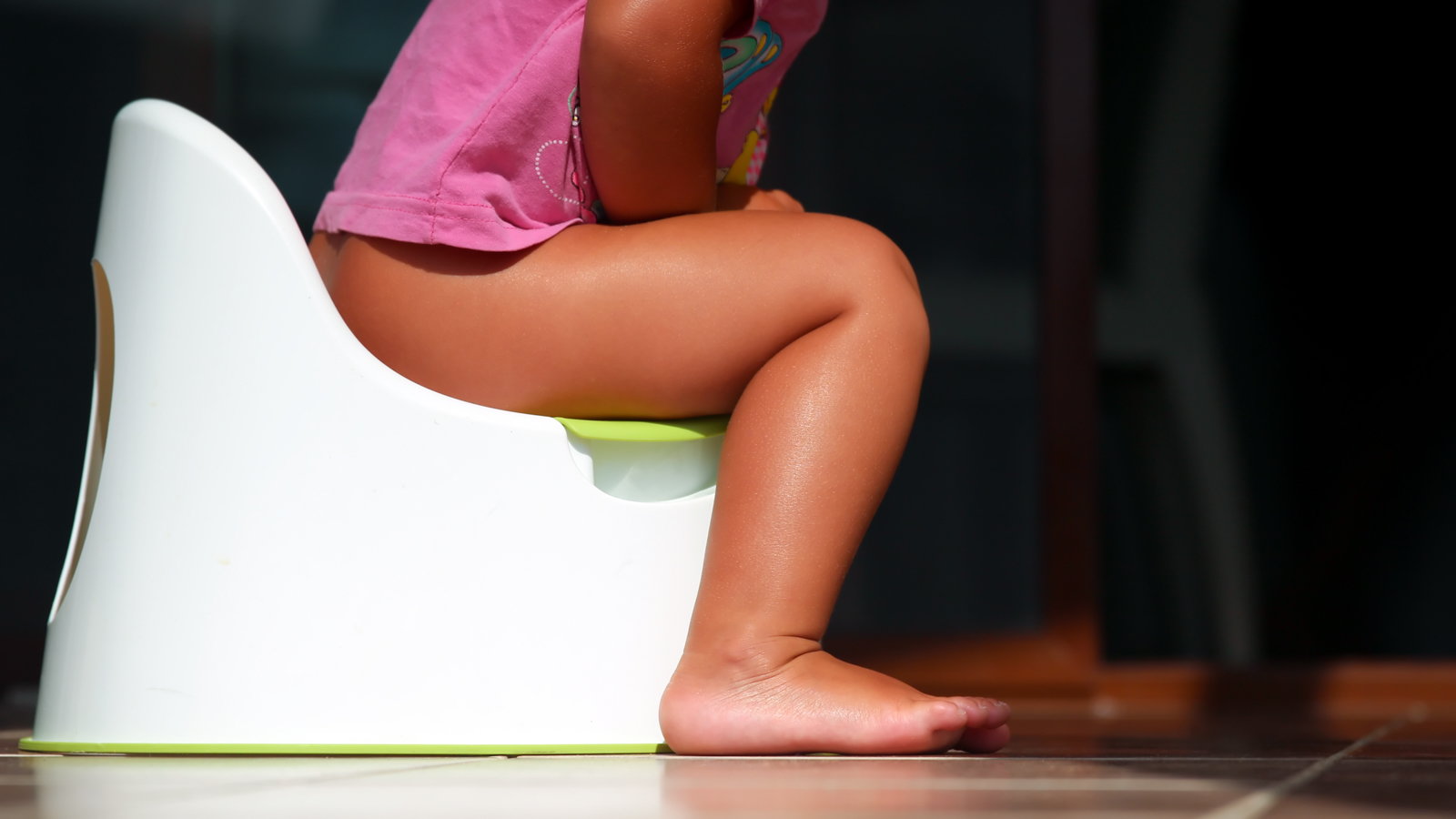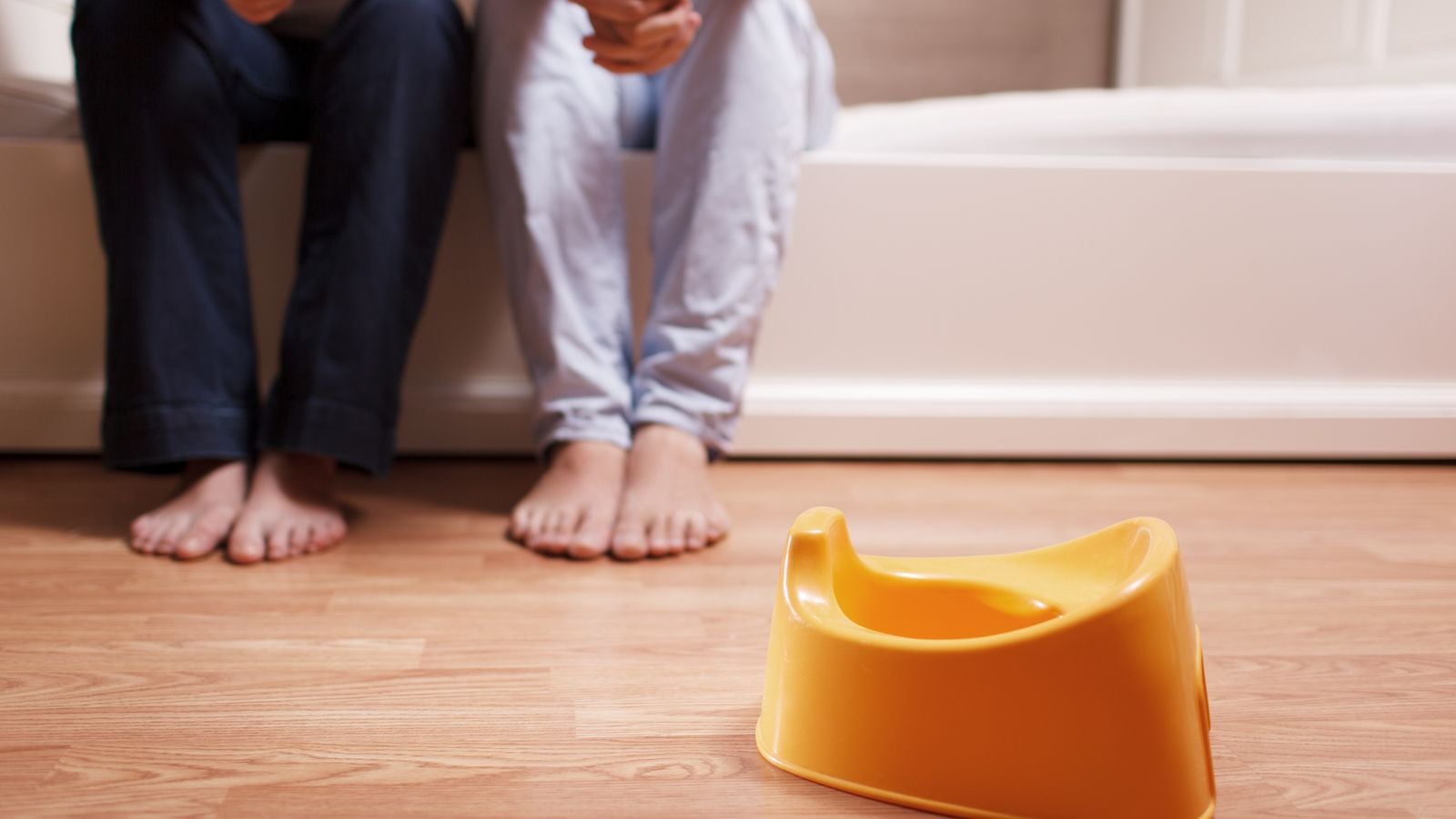
There was recently a case on the news of a child who was completely potty trained at six months. An impressive age to be sure, but not so hard to believe when you consider that the parents pretty much set the baby from birth over the potty. This was to get the baby used to the feel of the potty and get into the habit of being over one when they had to go. Seems like pretty sound advice, but who’s to say if it would work for your baby?
What Works For One...
Even in the same family, one child could pick up potty training with no trouble at all while their sibling could resist the potty for what may seem like an eternity. This was certainly the case for Lynne, a stay at home mom from Toronto, Canada. For their daughter, she let her parents know at 23 months that she was ready. Their son took quite a bit longer. “He was almost 36 months before he was ready. I tried off and on for a year.”
Sonia, a 26-year-old administrative coordinator from Milton, Ontario started potty training her daughter at 18 months and the whole process was made relatively easy as her child was the one who wanted to use the potty as opposed to having it forced on her. “She began asking to poo in the potty almost instantly. Peeing took a little longer but not much. In all, it took a total of about two months for her to be completely diaper free.

"We just kept reminding her that it was time for her to learn to use the potty, and that she had to tell us when her 'belly is full of peepee'. If she hadn't gone in a while we'd sit her on the toilet, even if she said she didn't have to go, because as soon as she got there, she'd have to go. In the beginning, when she had an accident we would just tell her that it was okay, that she'd made a mistake and that she should try to remember to tell us when she had to use the potty. When she began to have more control, she'd sometimes have accidents because she would become distracted or would try to hold it in. Then she'd say; 'it's okay mommy, just an accident'. That's when we had to start telling her that it wasn't okay for her to have accidents anymore that she knew how to hold it and go to the potty.”
While some parents find training pants or ‘pull-ups’ helpful, for Sonia, they were more of a detriment and simply prolonged the potty training process. “I think that the single most important factor that urged my child to become potty trained was the fact that we didn't use training pants. It was summer, so we'd just put her underwear on as if she were completely potty trained. When she'd have an accident, it would make a huge old mess for mom to clean up... but she didn't like having accidents because she got all wet and it didn't feel very good. I understand the need for training pants when children are not at home, but I think that parents rely on them too much. And they're much too much like a diaper for children to really know the difference. I don't think that children should be punished for making a mistake and wetting themselves, but they should definitely know that the parent is not happy about it and that it's important for them to learn to control themselves. Having this, 'it's always okay to have an accident' attitude lets the children become lax and not care about learning control; especially when they're not even feeling the effects because they're going in their training pants.”
For Cheryl, a 40-year-old product engineer from Columbia, Maryland, ‘pull-ups’ did help with her son. “I placed the potty in the bathroom, bought cloth briefs, and also bought pull-ups for the night. Ran water. If he did not go right away, it seemed to do the trick. I took him to the bathroom perhaps every two hours at first, and monitored the times he would generally potty.”
While the times and methods for potty training may vary, there are a few guidelines that may help parents on the journey to diaper-free children.

1- Buy Your Potty Early
If you purchase your potty early, well before your child is even at the ‘potty training’ age, then you will peak your infant’s child’s curiosity about what exactly the purpose of the little chair with the hole in it is.
2- Keep Consistent Potty Break Times
Every day, practice putting your child on the potty seat every few hours without their underwear. Maybe give them a special toy to play with that they can only play with when they’re on the potty.
3- Remember To Praise
Even if your child doesn’t manage to use the potty successfully every time, make sure you praise them for trying. Stickers are great little ‘rewards’ for when they do manage to go in the potty as are little trips or a snack they particularly enjoy.
4- Mistakes Happen
If your child does have an accident, let them know that it’s not a good thing, so that they don’t think they don’t have to try and learn to control their bladder, but keep calm and reinforce your child’s self esteem by letting them know you still love them, and they just have to try harder next time. Above all, don’t yell or punish your child for losing control.
The most important thing to remember is that you and your child are in this together. He looks to you for guidance on this foreign journey. If you stay calm and in control, chances are he will too, and that will extend to control over his bladder. Though it may stress you out, potty training is one of those child-rearing steps where patience is indeed a virtue.
